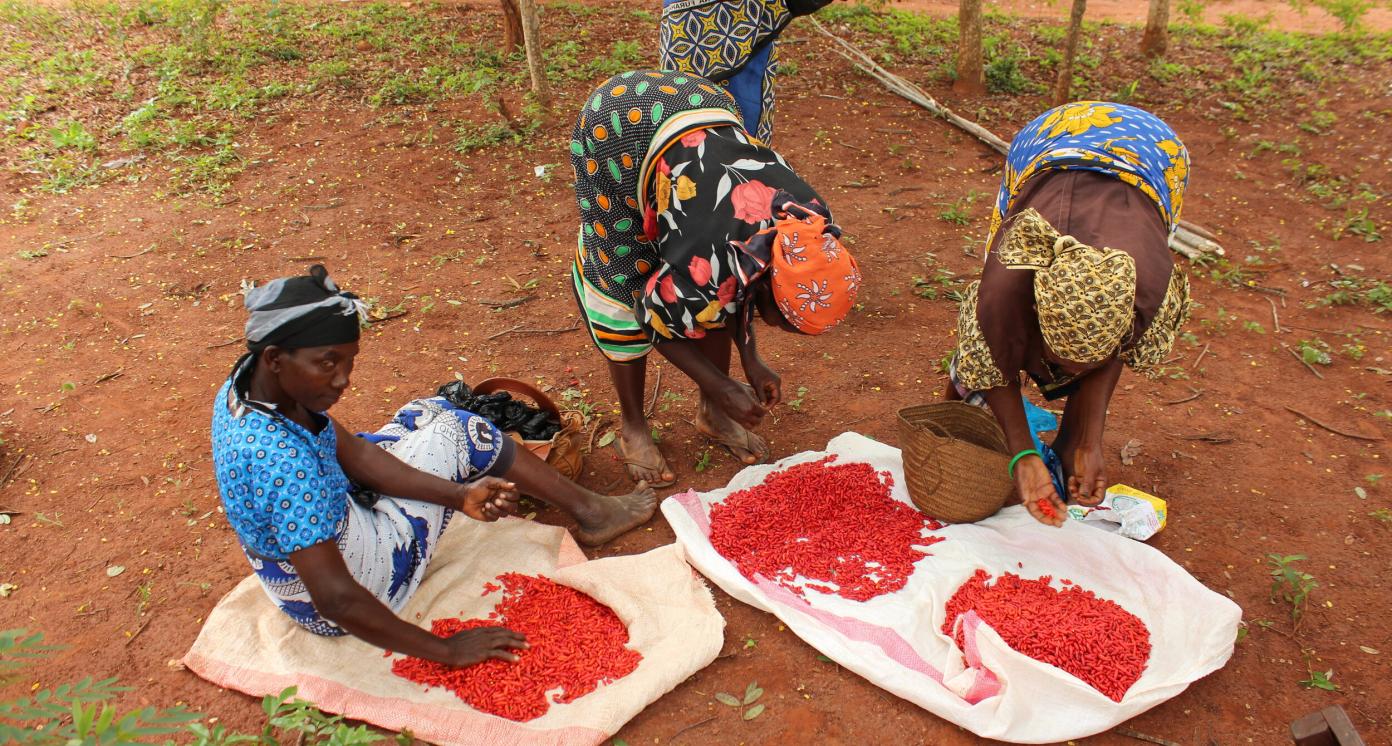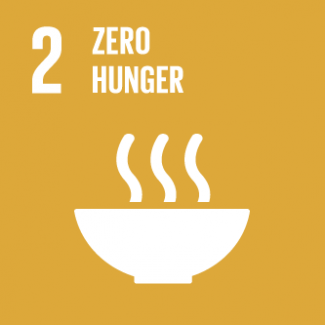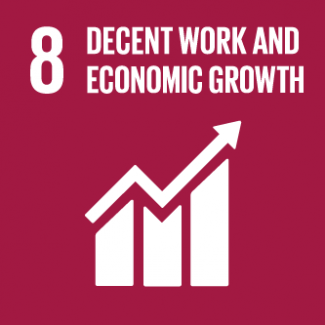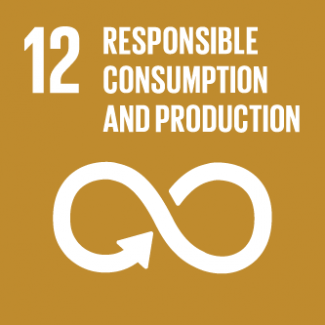Equator Kenya is a food-processing company that produces African Bird's Eye Chilies for export. The enterprise, established in 2010, is designed to reduce the crop risks posed by climate change, which sustainably increases incomes among the farmers, who are mostly female, as well as improves crop yields and quality.
At the core of the Equator Kenya’s work is a low-cost water-efficient drip irrigation kit for the labour intensive farming product. The enterprise offers farmers the opportunity to acquire the kits on credit at subsidized prices. The kits – in combination with water harvesting systems – can increase production by 54% on average while significantly improving quality by eliminating water stress. Equator Kenya’s drip irrigation has also allowed farmers – 80% women and 25% youths – to produce chilies for ten months of the year (compared to between four and five months previously), creating year-round income for rural communities in Kenya.
Equator Kenya aims to distribute an additional 7,000 kits by 2024, coupled with environmentally sustainable blended fertilizers and bio-pesticides. Overall, with a targeted investment of 1.5 million USD, Equator Kenya is expected to impact 15,000 households with its products and services.
This case study is sourced through the UNDP Business Call to Action (BCtA), whose members are confirmed to engage low-income people in core business, be commercially viable, be built for scale and to advance the SDGs, and are guided by the BCtA Code of Conduct. Learn more about the case study on the enterprise’s BCtA membership site.



















